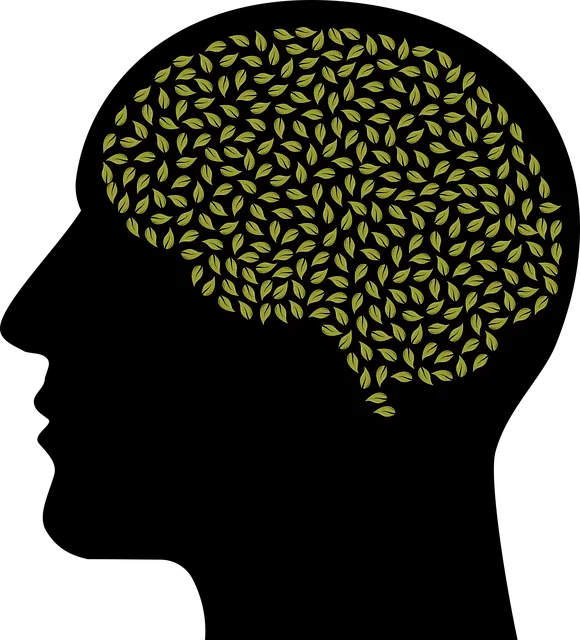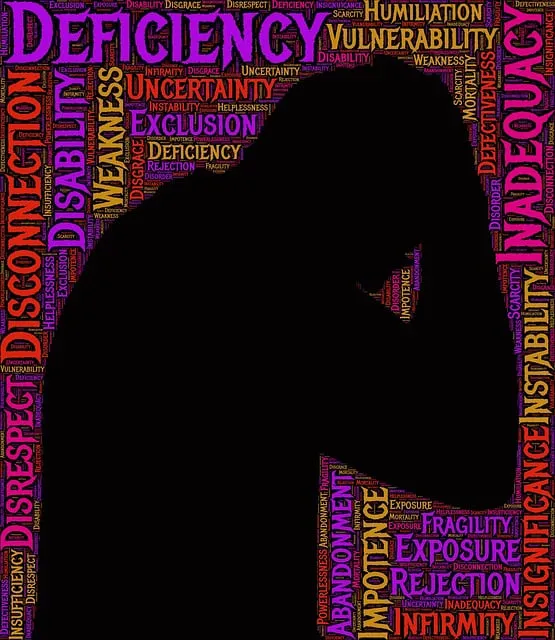Depression significantly impacts daily life, but early sign recognition through Kaiser Permanente's Lone Tree mental health center is crucial for intervention. The center focuses on risk management, inner strength development, and crisis guidance. Lifestyle modifications like balanced diets and exercise, quality sleep (7-9 hours), mindfulness meditation, and yoga are recommended to enhance mental well-being, backed by research. Social connections and therapy play vital roles in prevention. Kaiser Permanente Lone Tree offers cognitive behavioral therapy, mindfulness practices, interpersonal counseling, and trauma support services, accessible via an online platform, along with positive reviews highlighting its holistic approach to mental wellness.
Depression is a common yet serious mental health condition that affects millions. Early identification and prevention are key to managing this illness. This article explores powerful strategies to combat depression, focusing on lifestyle modifications, the role of support systems, and therapy. We also delve into the Kaiser Permanente Mental Health Center in Lone Tree, known for its comprehensive services and effective treatments, offering valuable resources for those seeking help. By understanding symptoms, adopting healthy habits, and leveraging available support, individuals can take proactive steps towards a brighter, depression-free future.
Keywords: Kaiser Permanente mental health center reviews Lone Tree
- Understanding Depression: Recognizing Symptoms and Risk Factors (Focus on early identification and common signs)
- Lifestyle Modifications for Mental Well-being (Discuss diet, exercise, sleep, and stress management techniques backed by research)
- The Role of Support Systems and Therapy (Highlight the benefits of social connections, family support, and professional counseling)
- Kaiser Permanente Mental Health Center in Lone Tree: A Resource for Depression Treatment and Prevention (Provide a review of their services, therapies offered, and how individuals can access support)
Understanding Depression: Recognizing Symptoms and Risk Factors (Focus on early identification and common signs)

Depression is a complex mental health condition that can significantly impact an individual’s daily life and overall well-being. Recognizing the early signs and symptoms is crucial for timely intervention, as prompt action can prevent depression from escalating. The Kaiser Permanente mental health center in Lone Tree offers valuable resources and expertise in navigating these challenges.
Common indicators of depression include persistent feelings of sadness, loss of interest or pleasure in activities once enjoyed, changes in appetite and sleep patterns, fatigue, difficulty concentrating, and feelings of worthlessness. These symptoms can vary from person to person, but early identification is key. Mental health professionals play a vital role in risk management planning, focusing on developing inner strength and providing crisis intervention guidance to support individuals at risk or experiencing depressive episodes.
Lifestyle Modifications for Mental Well-being (Discuss diet, exercise, sleep, and stress management techniques backed by research)

At the Kaiser Permanente mental health center in Lone Tree, experts emphasize that lifestyle modifications are key to maintaining and enhancing mental well-being. A balanced diet, rich in essential nutrients, can significantly impact mood regulation by stabilizing blood sugar levels and providing the brain with necessary fuel. Regular exercise, recommended at least 30 minutes daily, releases endorphins, improves sleep quality, and reduces symptoms of depression, as supported by numerous research studies.
Quality sleep is another cornerstone of mental health. Aiming for 7-9 hours each night through consistent bedtimes and wake times can improve mood, cognitive function, and overall resilience to stress. Additionally, incorporating stress management techniques like mindfulness meditation, deep breathing exercises, or yoga can help individuals effectively cope with life’s challenges, promoting a sense of calm and well-being. These practices have been backed by research demonstrating their positive impact on mental health outcomes.
The Role of Support Systems and Therapy (Highlight the benefits of social connections, family support, and professional counseling)

Depression prevention often hinges on a robust support system and access to effective therapy. Social connections play a vital role in mental well-being; feeling isolated can exacerbate depressive symptoms. Family and friends provide a safety net, offering emotional support and understanding during challenging times. This sense of belonging can be incredibly powerful in boosting resilience against depression.
Professional counseling, such as that available at Kaiser Permanente mental health centers like the one in Lone Tree, is another critical component. Therapists equipped with Crisis Intervention Guidance can help individuals develop coping mechanisms tailored to their unique situations. Through therapy, people learn valuable Self-Care Routine Development skills for better mental health management, including strategies for Stress Reduction and Self-Esteem Improvement. These comprehensive approaches address depression from multiple angles, fostering a more balanced and positive state of mind.
Kaiser Permanente Mental Health Center in Lone Tree: A Resource for Depression Treatment and Prevention (Provide a review of their services, therapies offered, and how individuals can access support)

The Kaiser Permanente Mental Health Center in Lone Tree stands as a beacon of hope and support for individuals grappling with depression. This center offers a comprehensive suite of services designed to address mental health concerns, with a strong focus on prevention strategies. Their expert team provides personalized treatment plans incorporating evidence-based therapies like cognitive behavioral therapy (CBT), mindfulness practices, and interpersonal counseling. Beyond direct therapy sessions, the center promotes self-care through mental wellness journaling exercises and encourages resilience building through group support networks. For those who have experienced trauma, specialized trauma support services are readily available.
Accessing help is simple; individuals can either reach out to their primary care physician for a referral or schedule an appointment directly with a mental health specialist at the Kaiser Permanente center. Their user-friendly online platform allows easy access to resources, scheduling, and even virtual therapy sessions, making it convenient for those seeking support. With a holistic approach that combines professional guidance, mental wellness journaling exercise, and community care, the Lone Tree Mental Health Center is dedicated to empowering individuals on their journey toward mental health recovery and longevity.
In addressing depression prevention strategies, this article has explored a multi-faceted approach. Understanding depression involves recognizing early symptoms and risk factors, which can be achieved through increased awareness and education. Lifestyle modifications, such as adopting a balanced diet, engaging in regular exercise, prioritizing sleep hygiene, and implementing stress management techniques, have been shown to significantly enhance mental well-being. Social connections, family support, and professional counseling form the backbone of supportive systems that foster resilience against depression. The Kaiser Permanente Mental Health Center in Lone Tree stands out as a comprehensive resource, offering a range of services and therapies backed by expert professionals. For those seeking assistance, reviewing their services and access points can be a pivotal step towards managing and preventing depression.






